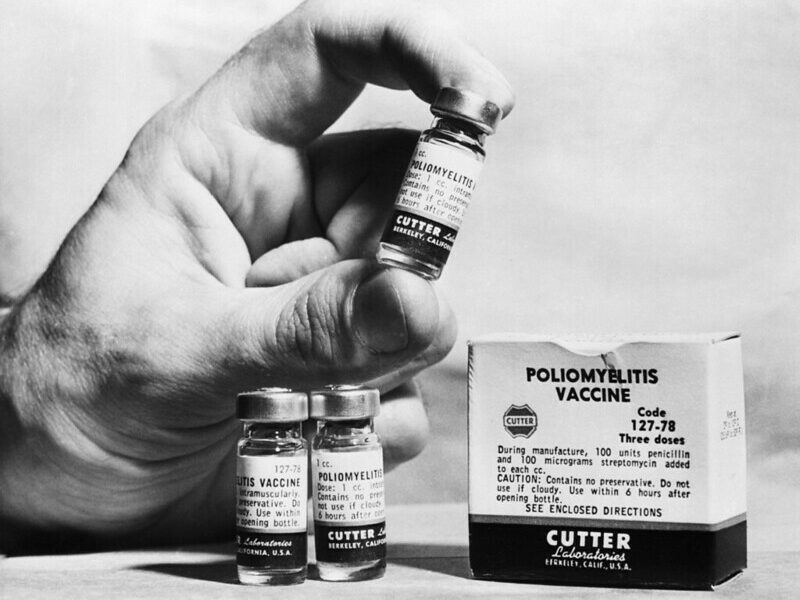Nine people were diagnosed with cholera in Hubei province in central China. The victims of this outbreak all attended a wedding on Oct. 3 which officials believe to be the source of the outbreak.
Cholera is caused when a person becomes infected with the bacterium Vibrio cholerae. Symptoms of the disease include diarrhea, vomiting, and dehydration, which can lead to death. However, only five to ten percent of people infected with the bacteria will experience symptoms.
The bacteria are spread through ingestion of contaminated food or water, and the disease is very rarely spread from person to person. In this case, officials believe the disease was transmitted by an employee of the hotel where the wedding was taking place.
Practicing good hygiene helps prevent cholera. This includes drinking safe water, washing hands often with soap and clean water, using a latrine or toilet, and cooking food well. For this reason, Chinese health officials have asked restaurants in the area to stop serving cold dishes.
In addition, care providers have been told to monitor for cholera symptoms in their patients, and officials will continue to monitor food safety inspections and the water supply. Any restaurant employees who are experiencing vomiting or diarrhea are advised to leave work immediately and seek care.
There are two cholera vaccines: Dukarol (prequalified by the WHO and in use in over 60 countries) and ShanChol (awaiting prequalification). Dukarol is a two-dose vaccine, so there is a time lapse in between doses during which people could become infected. Because of this, the vaccine should not replace prevention methods. Further, the vaccine does not offer long-term protection.
The disease can be treated successfully with rehydration therapy, which restores the body’s lost salts and fluids, and antibiotics. One of the nine patients in the Hubei outbreak has recovered and been discharged from the hospital.
